What You Need To Know About Turmeric and It’s Healing Benefits On Cancer – 6 Simple Ways Turmeric Helps to Prevent and Heal Cancer
6 Ways Turmeric Helps to Prevent and Heal Cancer
Turmeric – the golden spice symbolizing health and happiness – is widely regarded as one of the most potent natural medicines known to humankind. A member of the ginger family, this herbaceous rhizome is most commonly used as a spice and food colorant. It adds a brilliant yellow color to any food and serves as a medium for bringing out other flavors.
Apart from culinary arts, turmeric has been extensively used in traditional and folk medicines. From minor injuries and common colds to serious conditions like cancer, this curry spice is said to be beneficial in a range of common and chronic illnesses. In eastern healing systems, it is still popularly used as an alternative treatment for inflammatory disorders and acute pain conditions. Some recent studies have suggested that turmeric may also help fight cancer and improve the response to treatments.
Let’s have a thorough look.
A long history of healing
In Indian tradition, turmeric enjoys a special place of honor as an auspicious symbol of good health, inner purity, peace, fertility, prosperity, and new beginnings. This spice is also an essential component of Indian cooking and is used in almost every single recipe: vegetables, meat, pulses, curries, stews, soups, and rice dishes. Apart from a few exceptions, it is very rare to find an Indian dish without a hint of turmeric in it.
In ayurvedic medicine, turmeric has been extensively used to treat pain and inflammation, promote speedy recovery after injuries, support mental health, boost immune function, and soothe a wide range of skin ailments. Turmeric tea, or golden milk, is a popular home remedy for relieving sinus infections, colds, sore throats, menstrual cramps, muscle pain, rheumatic pain, fibromyalgia pain, and pain-induced sleeplessness.
The therapeutic potential of turmeric has been investigated by over seventeen thousand studies and hundreds of clinical trials, making it perhaps one of the most intensively researched herbs in the history of alternative medicine.
<<<Learn More About the Healing Benefits of Turmeric>>>
Can turmeric help with cancer?
Curcumin, the main active principle of turmeric, has been found to have anti-tumor, antioxidant, antibacterial, antiseptic, and anti-inflammatory properties. Experts suggest that its health-promoting effects may help fight free radical damage, reduce inflammation, delay the onset of aging-related conditions, and prevent chronic disorders like cancer.
Some recent studies have suggested that taking turmeric may help accelerate healing in cancer patients. It has been shown to prevent tumor development, stop tumor progression, improve the efficacy of therapies, reduce pain and anxiety, lessen the severity of chemotherapy complications (like mucositis), and improve the overall quality of life.
Cancer-fighting properties of turmeric
1. Slows down tumor growth
Evidence suggests that turmeric can prevent cancer development and progression by activating cell death pathways and inhibiting growth pathways. This is done by suppressing the ability of cells to communicate and multiply. In numerous studies, curcumin has been shown to reduce the blood supply of tumor cells, inhibit tumor spread, and induce programmed cell death. A 2018 study suggests that it may also help in inhibiting proteasome activity, which further induces cell cycle arrest and impairs cell proliferation.
In lab studies, curcumin has been found effective in killing various cancer cells, including cancers of the pancreas, breast, lungs, blood, skin, and colon. Researchers have pointed out that turmeric selectively kills cancer cells without harming normal cells, whereas conventional drugs do not distinguish between healthy and cancer cells. Moreover, as turmeric induces cell death by multiple mechanisms, it is less likely for tumors to develop resistance to it.
2. Lowers oxidative stress
Curcumin is an incredibly potent antioxidant that neutralizes reactive oxygen species and lowers oxidative stress. It also stimulates the secretion of antioxidant enzymes, therefore protecting against DNA damage caused by free radicals. DNA damage may cause strand breaks or mutations, which may create genetic instability if the cell is unable to repair itself. If such genetic changes are constantly happening due to a high oxidative load in the body, this sometimes leads to tumor formation. Research has shown a direct relationship between a higher number of free radicals and an increased risk of cancer. Foods that are naturally rich in antioxidants are often recommended to prevent chronic conditions like cancer.
Interestingly, free radicals are a double-edged sword, meaning they also help in killing off cancer cells. According to a 2020 study, curcumin aggressively increases free radicals in cancer cells, causing DNA damage and subsequently killing them. This means it plays a preventive as well as a therapeutic role due to its selective mechanism of action. Some anti-cancer drugs use the same principle of oxidative stress-induced cell death, but they also harm healthier cells in the way.
3. Inhibits cancer-causing enzymes
Research shows that curcumin inhibits the gene expression of cyclooxygenase-2 (Cox-2) and nitric oxide synthase (iNOS), two key enzymes that play a prominent role in cancer development and progression. High levels of these two chemicals are seen in cancer patients, specifically those fighting colon, prostate, lung, breast, and bladder cancers.
Cox-2 is a type of pro-inflammatory enzyme that suppresses immunity cells sent by the body to fight malignant cells, enabling tumors to evade the immune response and resist cancer therapies. These enzymes are also thought to promote the growth rate of cancer cells and protect them from apoptosis.
Both these chemicals are known to cause inflammation of brain cells and increase the risk of some major neurological conditions like Alzheimer’s, Parkinson’s disease, and multiple sclerosis.
Various studies have suggested that turmeric’s ability to block and suppress these key enzymes may play a role in cancer prevention and treatment. This indirect mechanism of action can help the body respond well to therapies and fight the disease naturally.
4. Reduces inflammation
Experts have suggested that most of turmeric’s health benefits are due to its strong anti-inflammatory action. Chronic low-grade inflammation is known to have widespread implications on physical and mental health. It stresses organs, degrades normal body functions, and compromises your natural defenses against infections and tumors. High levels of inflammation in the body can increase the risk of cancer development, promote rapid tumor growth, and even make therapies less effective. Low-level inflammation may also increase the risk of other related chronic conditions, like diabetes, heart disease, arthritis, metabolic syndrome, liver disease, and neurodegenerative diseases.
Apart from its direct anti-inflammatory action, turmeric may also help lower inflammation in various other ways, such as keeping the blood sugar to manageable levels, improving insulin sensitivity, strengthening the immune system, calming allergies, promoting hormonal balance, and reducing psychological stress.
5. Improves the efficacy of cancer treatments
Studies have shown that turmeric makes cancer cells more sensitive to treatments and works synergistically with them. In a 2013 study, curcumin enhanced the anti-proliferative effects of 5-FU, a chemical drug widely used to treat many types of cancer. Researchers found that pretreatment with turmeric sensitizes cancer cells and lowers important inflammation markers, making tumors more responsive to drug-induced apoptosis. The combined effect of both turmeric and 5-FU was more pronounced than either of them alone.
Numerous studies have found curcumin to improve drug sensitivity in cancer cells that have been previously resistant to chemotherapies. In a 2009 study, curcumin reversed the chemoresistance of colon cancer cells to FOLFOX. Treatment of surviving cancer cells with either curcumin alone or in combination with FOLFOX resulted in a significant reduction of cancer stem cells in this study.
Experts have explained that curcumin and other polyphenolic compounds present in turmeric have the potential to specifically suppress signaling pathways that are involved in the development of drug resistance. Why this happens is not fully understood, but this makes turmeric a promising agent for further research.
6. Reduces chemotherapy side effects
Research shows that in patients undergoing cancer treatments, curcumin reduces some adverse side effects and complications, such as mucositis, radiation-induced dermatitis, damage to healthy cells, and pain. While these results are promising, the National Cancer Institute cautions that more research is needed before turmeric can be recommended as adjuvant therapy.
<<<Learn More About the Healing Benefits of Turmeric>>>
Limitations of turmeric and safe practices
Turmeric in its whole herb form is generally considered safe for most people, even for children and pregnant women, when used correctly and in recommended amounts. However, turmeric is an extremely potent herb and should always be taken in low amounts – only a pinch is good to go, just like you would use any other spice.
Nowadays, curcumin is commonly available in tablets, teas, and capsule forms. Please note that taking it alone as a supplement may not be completely safe. Its most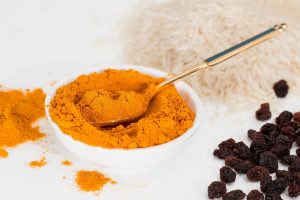
For culinary or therapeutic use, it should be used in combination with other spices, like black pepper or cinnamon, that work in synergy with turmeric’s healing properties. This serves two important purposes: first, piperine (the active principle of black pepper) boosts the bioavailability of curcumin by several thousand times; second, adding other spices balances any digestion-related side effects of turmeric. Cooking with high-quality oils or mixing it with almond milk may also improve curcumin absorption.
If you are considering curcumin as an alternative treatment for cancer, please consider speaking to your doctor about possible risks and drug interactions. Turmeric is known to lower sugar levels and blood pressure. If you are already taking some medications, it is advisable to seek expert advice before use.
Final thoughts
Turmeric is a potent medicine that offers wide-ranging health benefits. Some evidence suggests that this yellow spice may stop tumor growth, improve the efficacy of cancer treatments, and even prevent a cell from becoming cancerous in the first place.
However, the FDA has not approved turmeric or curcumin as a treatment for cancer or any other disease, as more large-scale human studies are needed to understand its exact role. More importantly, there is a need to develop efficient drug delivery systems to improve the absorption of curcumin. Nonetheless, turmeric is a safe, non-toxic herb that can safely be enjoyed with curries or as tea.
It is important to note that while taking antioxidants from food sources is beneficial, high doses of antioxidant supplements have been known to make chemotherapy less effective.
To Your Health!
References
https://www.cancer.gov/about-cancer/treatment/cam/hp/curcumin-pdq
https://www.ncbi.nlm.nih.gov/pmc/articles/PMC6429287/
https://www.ncbi.nlm.nih.gov/pmc/articles/PMC6835707/
https://pubmed.ncbi.nlm.nih.gov/15453089/
https://pubmed.ncbi.nlm.nih.gov/16934299/
https://www.ncbi.nlm.nih.gov/pmc/articles/PMC4565017/
https://pubmed.ncbi.nlm.nih.gov/11566484/
https://cancerci.biomedcentral.com/articles/10.1186/s12935-015-0260-7
https://bmccancer.biomedcentral.com/articles/10.1186/s12885-020-07256-8
https://journals.plos.org/plosone/article?id=10.1371/journal.pone.0057218#pone.0057218-Yu1
https://www.ncbi.nlm.nih.gov/pmc/articles/PMC2758121/
https://www.ncbi.nlm.nih.gov/pmc/articles/PMC5664031/
https://www.ncbi.nlm.nih.gov/pmc/articles/PMC7522354/
https://www.sciencedirect.com/science/article/pii/S2225411016302528
https://www.ncbi.nlm.nih.gov/pmc/articles/PMC3535097/
https://www.frontiersin.org/articles/10.3389/fphar.2020.01021/full
https://onlinelibrary.wiley.com/doi/full/10.1002/mnfr.202000977
https://www.ncbi.nlm.nih.gov/pmc/articles/PMC7698794/
https://pubmed.ncbi.nlm.nih.gov/19956394/

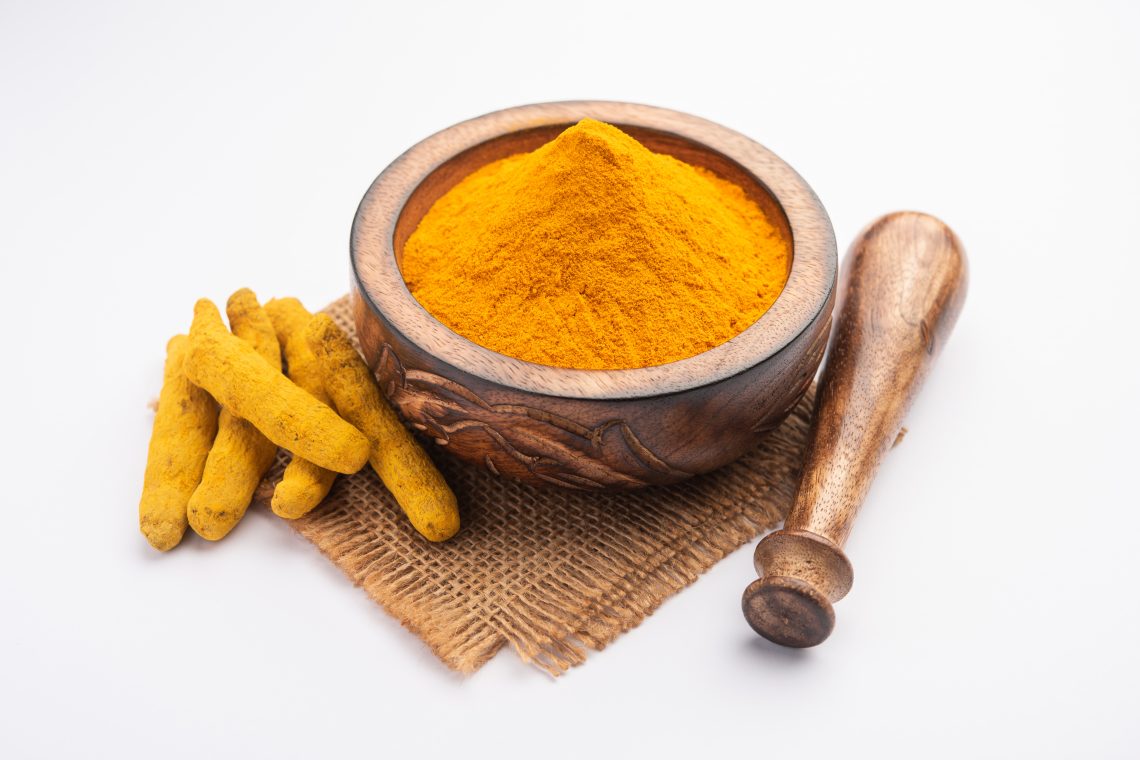
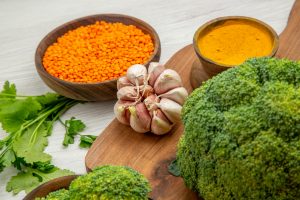


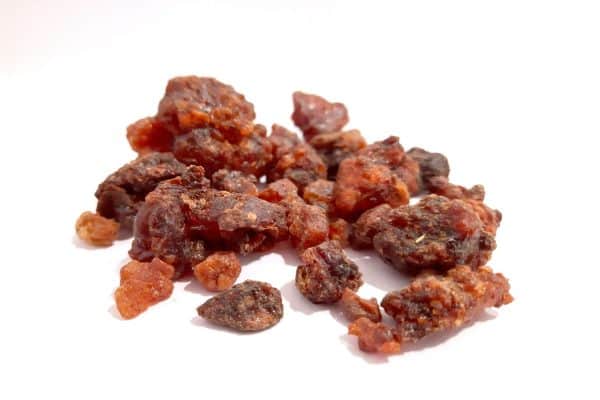
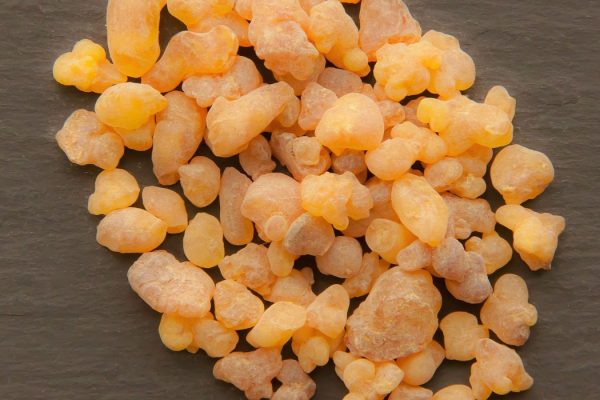
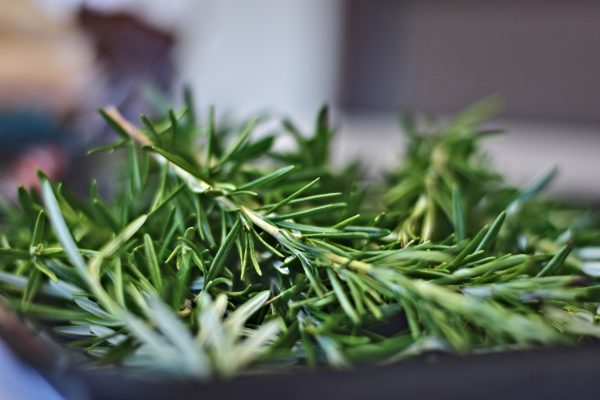

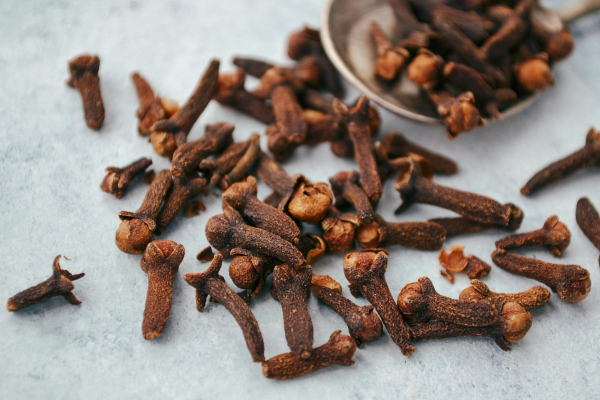

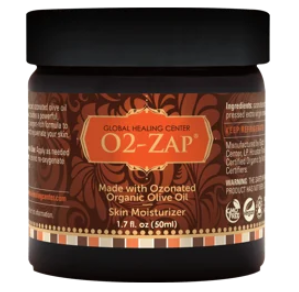
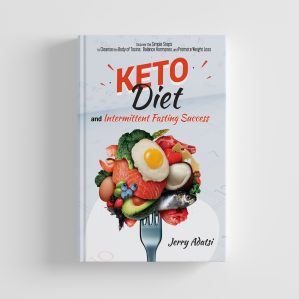

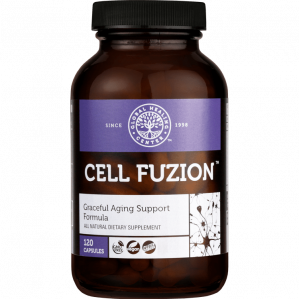
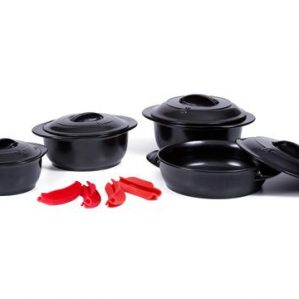











3 Comments
[…] ailments. It is a flowering plant that belongs to the Zingiberaceae family, which also includes turmeric and cardamom. This root is widely recognized for its unique flavor and aroma, but its health […]
[…] Turmeric, with its vibrant golden color, is the star ingredient of golden milk. It contains a compound called curcumin, which is known for its powerful anti-inflammatory and antioxidant properties. Curcumin has been extensively studied for its potential benefits in reducing the risk of chronic diseases including heart disease, cancer, and Alzheimer’s. Additionally, turmeric has immune-boosting properties and aids in digestion, making it a valuable addition to golden milk. […]
[…] Turmeric is the next natural painkiller and is a golden spice known for its active ingredient curcumin, which possesses potent anti-inflammatory properties. Curcumin can inhibit several inflammatory pathways involved in pain perception. Studies have shown its potential in alleviating pain in conditions such as osteoarthritis and rheumatoid arthritis. Adding turmeric to your meals or consuming it as a supplement may provide natural pain relief. […]